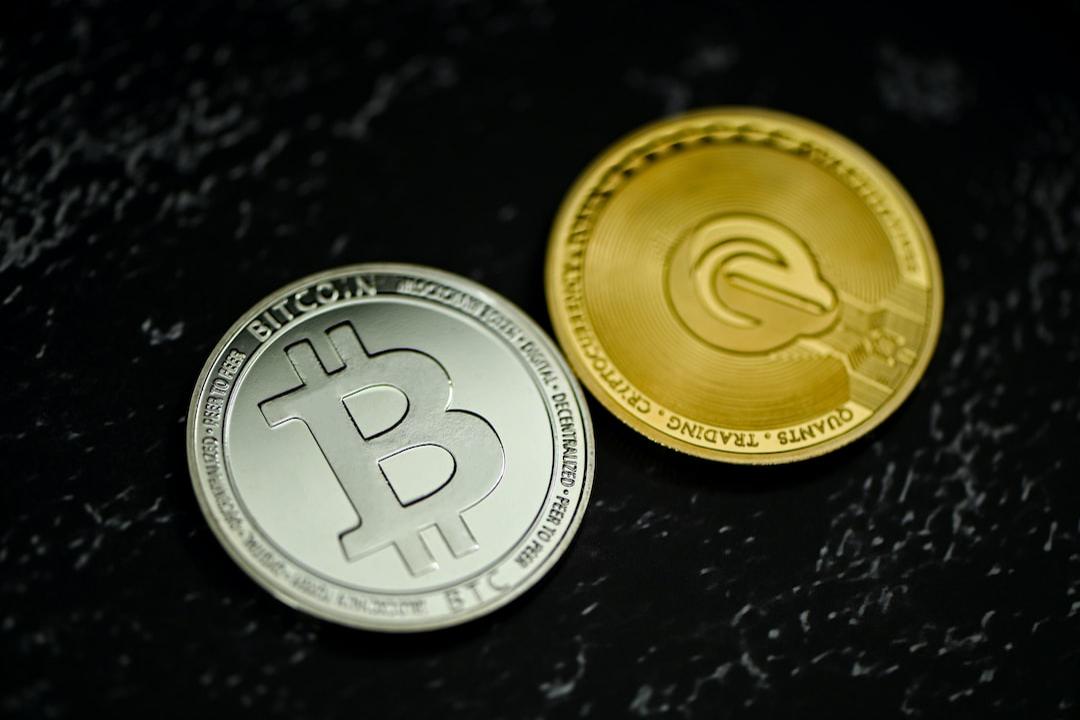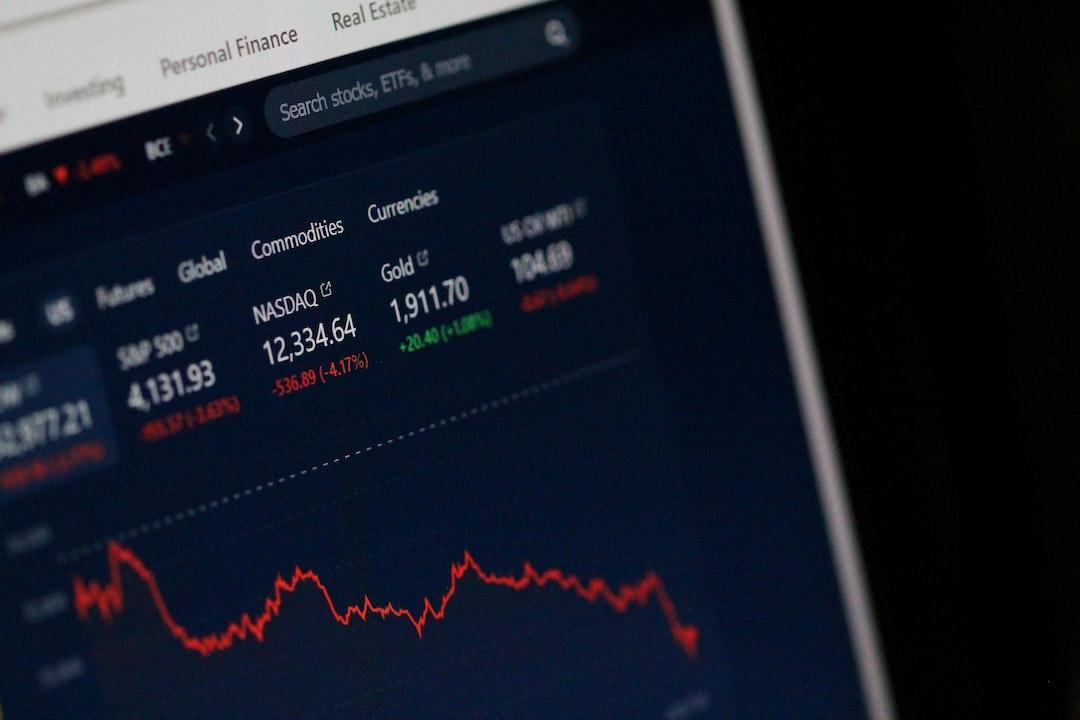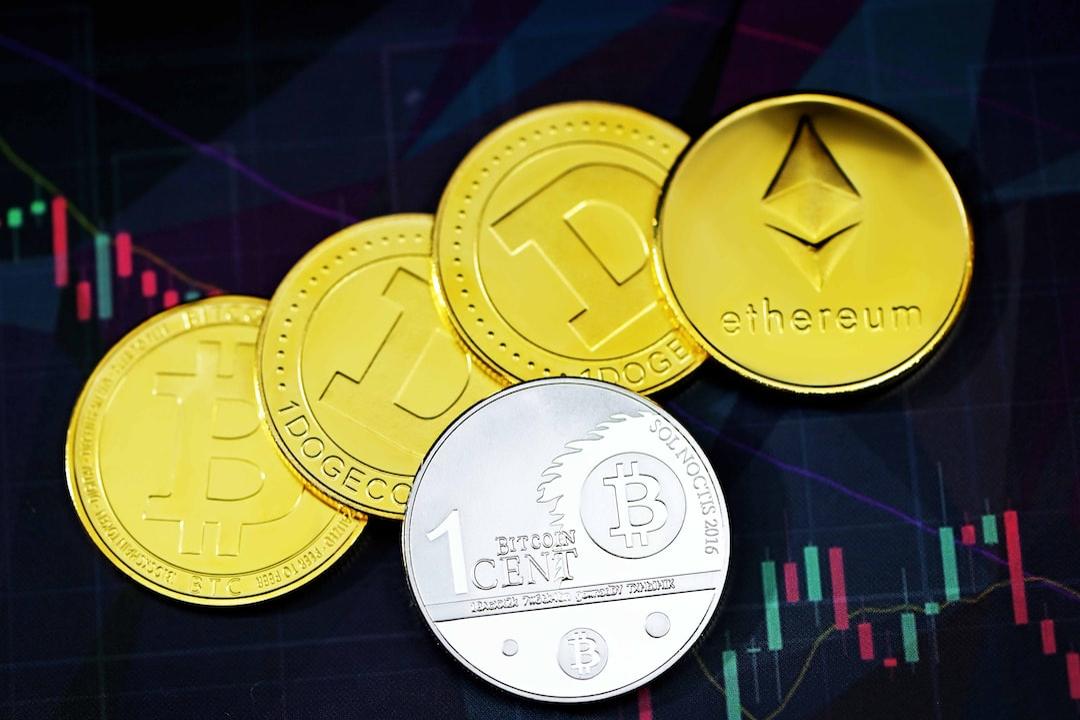What Happened?
The Ministry of Digital Development has officially launched the “Digital Certificate Wallet” sandbox trial program, allowing the public to independently place documents and choose which information to disclose. Identity verification can be conducted via mobile phones, marking an important step for Taiwan in advancing digital transformation.
The Digital Certificate Wallet is currently in the sandbox trial phase, with a test version anticipated to be launched by the end of the year. Initial application scenarios include picking up packages at convenience stores, online car rentals, and verifying attraction tickets, with future expansion possible to government service applications, healthcare, tickets, and other fields.
The Digital Certificate Wallet emphasizes that users can independently input documents and choose the information to disclose, rather than being mandated to use or acquire additional documents. The system is designed with a decentralized architecture and complies with cybersecurity regulations, aiming to reduce the risk of personal data leakage. Additionally, mobile biometric technology enhances user safety.
Official Launch of the Digital Certificate Wallet Trial Program
Have you ever forgotten to bring your ID when going out, only to find yourself unable to collect a package at the convenience store? Or have you ever rummaged through your wallet for various cards while dealing with paperwork, only to be unable to find the one you need?
In today’s increasingly digital world, traditional physical identity verification methods are gradually revealing their inconveniences and limitations. The variety of card types, difficulty of carrying them, ease of loss, and cumbersome identity verification processes not only create daily challenges but also affect the efficiency of digital services and user experience.
To address the various predicaments of traditional identity verification, Taiwan’s Ministry of Digital Development initiated the Digital Wallet program in 2024, with plans to open a testing sandbox by the end of March this year, allowing the public to apply online for participation, aiming for trial operations by the end of this year (2025).
On March 10, 2025, Minister Huang Yen-nan officially announced the launch of the highly anticipated “Digital Certificate Wallet” trial program at a press conference, symbolizing an important step for Taiwan in the field of digital identity verification.

To validate the practical application effectiveness of the Digital Certificate Wallet and to widely gather opinions from all sectors, the Ministry of Digital Development announced that the Digital Certificate Wallet trial program will officially launch at the end of March 2025. Government agencies, enterprises, and the general public can apply online.
Essentially, the basic digital wallet service provided by the government is completely free, so individuals applying for the test do not need to pay extra. However, the Ministry of Digital Development also stated that if individuals wish to use third-party vendor apps or additional value-added services through the digital wallet, they may incur charges.

Chuang Ying-chih, Director of the Digital International Affairs Division of the Ministry, also noted that convenience store operators currently show a high willingness to adopt the system, as some have already planned to implement the Digital Certificate Wallet even before discussions with operators commenced. The Ministry will optimize and adjust based on trial results, laying a foundation for the future official version of the Digital Certificate Wallet, aiming for trial operations by the end of 2025.
What is the Digital Wallet?
Imagine that in daily life, we often need to prove “you are you” or “prove you meet certain qualifications,” such as proving your identity when picking up packages, showing your age for purchasing alcohol, or verifying your educational background when applying for jobs.
This new service, called the “Digital Wallet,” allows users to store physical cards issued by government departments, such as national ID cards and health insurance cards, or even employee IDs issued by companies, diplomas from schools, language proficiency certificates, and transportation cards, all in a digital wallet on their mobile phones.

When relevant proof is required, users can “retrieve documents with one device,” and control how much information the other party can see when verifying their identity. For instance, when buying alcohol, there is no need to show the entire ID; the vendor only needs to confirm that the purchaser is of legal age. Through the digital wallet, users can display only their photo and birth date, while other private information such as address and place of birth remains hidden from the vendor.
In other words, the digital wallet acts as a document holder stored on the user’s mobile phone, allowing individuals to prove who they are more conveniently while protecting their personal privacy, without worrying about sensitive personal information being unnecessarily exposed.
What About Cybersecurity?
The advantage of the digital wallet is that it significantly reduces the risk of documents being forged or lost. Since it uses a mobile device, it is less vulnerable to theft or misplacement compared to physical documents.
However, the public may be more concerned about whether the construction of the digital wallet by Chunghwa Telecom, in the event of a hacker attack, could lead to easier leakage of personal data. In response to this concern, the Ministry of Digital Development stated that strict data protection laws and technologies will be implemented to safeguard user privacy and mitigate the likelihood of digital surveillance. Additionally, users can decide what information to share and control who can see which document contents.
The official website of the digital wallet also addresses this issue, stating that security depends on various factors, including system design, encryption technology, and user behavior. Generally, digital certificate wallets that utilize multi-factor authentication and biometric recognition are relatively secure. However, users are still advised to regularly update their software and avoid sensitive operations in public Wi-Fi environments.
Chuang Ying-chih explained that the system architecture of the digital wallet is decentralized, meaning there is no central database collecting everyone’s information, thus avoiding scenarios where a large database is hacked, resulting in massive personal data breaches.
Li Yue-yin, Section Chief of Cross-Border Applications at the Ministry, also emphasized, “We are not issuing digital ID cards; we are creating according to international standards, so there will be interoperability for cross-national usage in the future.”
Moreover, considering the digital divide and the needs of older users, the use of the digital wallet is not mandatory. Therefore, individuals who still have concerns about cybersecurity can choose whether to use it.

